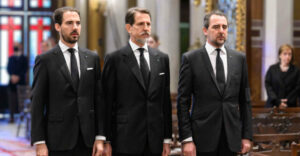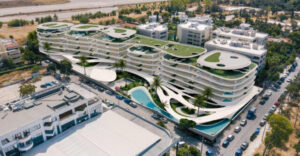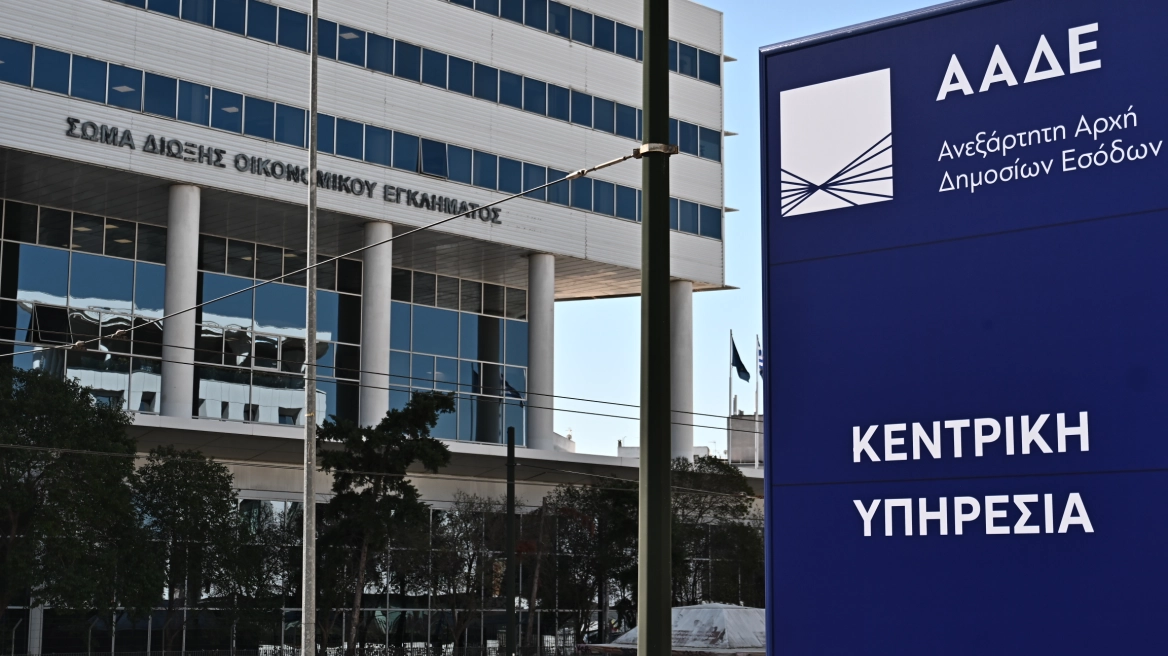The signature placed yesterday by the Minister of Interior, Theodore Livanios, on the certifying act giving the green light to the reassignment of citizenship to the members of the ex-royal family who, through their attorney Konstantinos Lidoriki, made the relevant application, was the formal completion of a thirty-year historical pending case.
Since 1994 and the passing of the now famous Venizelos Law, the members of the former royal citizenship had no citizenship at all, they were in fact “stateless”. This is because, as a competent source explains to protothema.gr, they had Danish diplomatic passports, but they were not Danish citizens. They were practically not citizens of any country. Plus, they are the “De Grece”, per the precedent set when their uncle, Michel made the application along with his daughters in 2004.
Next week, the Lebanese decision to grant citizenship to the five children of former King Constantine and the five children of his first-born Paul, who was the one who initiated the procedures on behalf of the family, by arranging the arrangements with the lawyer who handles the family’s affairs in Greece, is expected to be published in a gazette. Immediately after the issuance of the FEK, they will be registered in the registry office’s lists and will then be able to initiate the procedures at the police station of their choice for the issuance of an identity card and passport.
The pre-Christmas days find the former king’s five children in Athens, at the side of their mother Anna Maria. Soon they will be Greek citizens, and Paul’s children in particular will be called upon to manage the military obligations that will arise as a result of the citizenship grant. It will be up to them what they do, as they are proven foreign residents, but if they wish, they can also serve a full term of service.
The crucial question being discussed in Athens circles is what the members of the former royal family are aiming for, beyond fulfilling their paternal wish. “They will do nothing, they will simply have a stronger and more regular presence in Greece,” a source with knowledge of all the behind-the-scenes manipulations that have also taken place at the government level in the past. “They will have a social role, they don’t want to translate citizenship into something,” argues a member of parliament with knowledge of the former royal family.
The firm belief among many in Athens circles is that the former royal family has no desire to get involved in active politics, even though scenarios have begun to be heard again, as they were heard about a decade ago about a “royal, patriotic party” that could incorporate the ANEL. Back then it was the period of anti-memorandum and Greek agents, mainly shipowners who had contacts with the former royal family in London, were hyping scenarios, which turned out to be completely unsubstantiated. Besides, to get involved in politics here presupposes – as the case of Stephanos Kasselakis recently taught us – several restrictions, mainly in terms of business activity outside Greece, and especially Pavlos has relatively “built” a career abroad.
What everyone appreciates, however, is that the appearances of De Grece will now become more frequent in our parts, while they will seek to make more frequent interventions. Possibly their “social role” will also be expressed through institutions. After all, there is already the “Anna Maria” foundation as an NGO since 2004, which has been registered in Liechtenstein, and has as a “dowry” a large part of the compensation received by the former royal family from the Greek state for the property.
Ask me anything
Explore related questions





